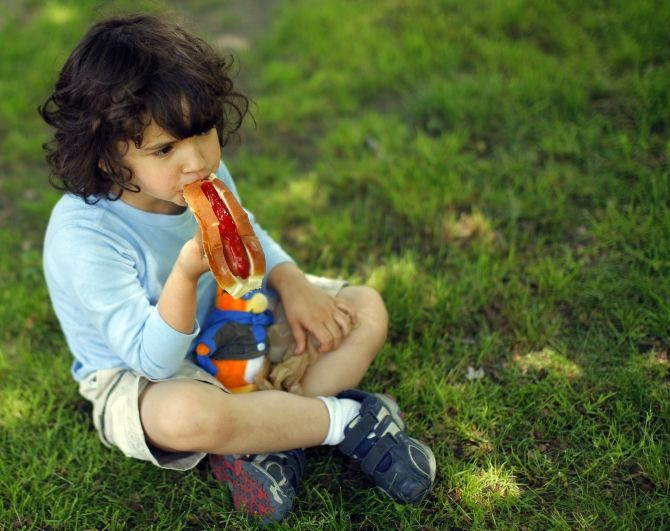Self Control as a Child Keeps Obesity at Bay Later in Life

Self control is a highly valuable trait as few come with the inner strength of delaying gratification to achieve something more important in the future. Now a new study has shown that preschoolers who have self control have a lower body mass index (BMI) than their peers later in life.
Previous research has shown that kids who can delay gratification lead more successful lives as adults.
For the present study, researchers looked at test results of approximately 650 children who had participated in a gratification delay test between 1968 and 1978. These children were 4 year old at the time of the initial test.
In the test, children were given a treat (cookie or marshmallow) and were told that they'd get another one if they refrain from eating the first one for some time (about 15 minutes).
Kids who resisted the temptation to eat the treat and wait for another one were more likely to have higher SAT scores and were socially competent as teenagers. These children who delayed gratification were also more likely to be better at handling stress and being organized.
A 30 year follow up of this study showed that these kids also had lower BMI in their mid-thirties. Researchers found that for each minute of resisting gratification predicted a 0.2 decrease in BMI levels.
Only 24 percent of the study group participants were overweight and around 9 percent were obese.
"Interventions can improve young children's self-control, which may decrease children's risk of becoming overweight and may have further positive effects on other outcomes important to society (general health, financial stability, and a reduced likelihood of being convicted of a crime)," said Tanya R, Schlam, PhD, from the University of Wisconsin School of Medicine and Public Health's Center for Tobacco Research and Intervention.
Other studies have looked at parent interaction and delay of gratification in children have shown that there is an optimum level of parent-child interaction that helps the child delay gratification, anything less or more will make the child unable to delay gratification.
Brain scans, of 40-year-old adults who had participated in similar gratification-delay tests when they were in preschool, showed that there are differences in brains of people who resist temptation and those who give in easily. Researchers found that people who were impulsive as preschoolers continued to have lower self control as adults.
Other researchers have even found that the strategies like distraction or problem-solving used by the children to delay gratification vary by culture.
The study was published in The Journal of Pediatrics.



























